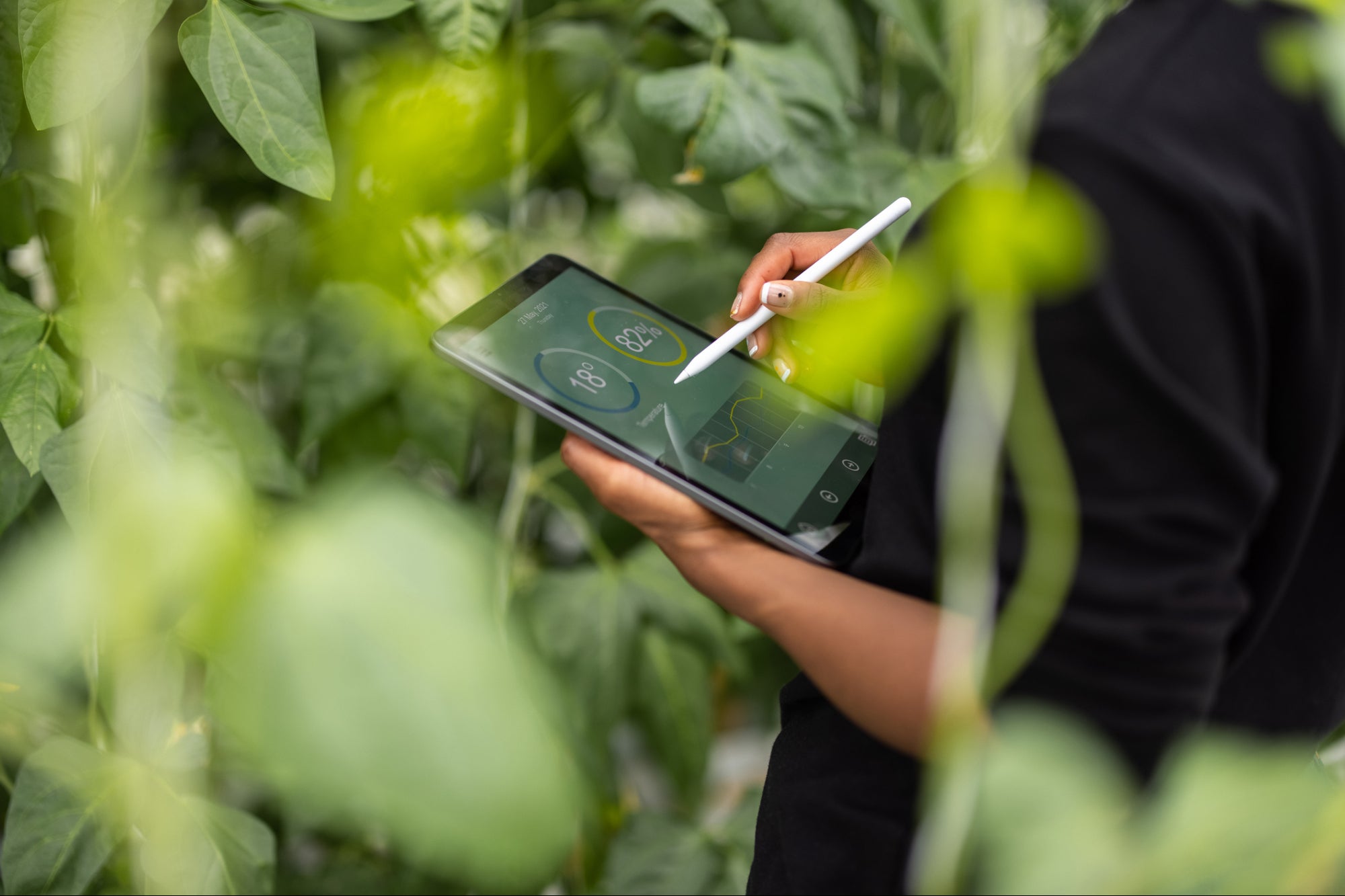How the next industrial revolution will impact our future
Opinions expressed by Contractor the contributors are theirs.
If there’s a buzzword in nearly every industry these days, it’s sustainability. Its ubiquity tells us a lot about its importance – but even as we become familiar with the term, the concept itself has become largely diluted.
Traditionally, our conversations about sustainability have focused on two concerns: fighting global warming and conserving natural resources. These are indeed two serious challenges that need to be addressed on a global scale, but true sustainability goes beyond mere discussions of environmentalism.
If you look at the 17 United Nations Sustainable Development Goals, environmental concerns are only a fraction of what sustainability really means. It’s not just about climate change; it is about society, equal opportunities, health, education and the creation of healthy economies. A sustainable future is one in which goods and services are cheaper and easier to access for more people. It is a future that raises our collective standard of living and enables future generations to do the same.
If the narrative continues to focus only on global warming and alternative energy sources, we are hindering collaboration by politicizing the issue, while hindering our ability to uplift humanity as a whole. We need to take a more holistic view.
Instead, our sustainability conversations should be about improving efficiency and raising living standards through the wise use of emerging Industry 4.0 technologies. This does not mean that we stop development or the use of natural resources. It means developing to sustain human life over the long term and using resources with minimal environmental impacts.
Related: How One Decision Propelled My Business Forward
friend of progress
The industrial revolutions of the past brought the advancements that now allow us to live healthier, longer and more comfortable lives. The first industrial revolution gave us steam engines and the use of machinery to replace manual production, transforming our workforce, our economies and our lives forever. The second is known as the technological revolution, which gave us the freedom to transport and communicate in ways we never imagined thanks to the creation of railways and telegraph networks. The third, called the digital revolution, brought computers for programming, allowing us to explore space, develop biotechnology and conduct further research.
We are now at the dawn of a new industrial revolution, known as Industry 4.0. Professor Klaus Schwab, founder of the World Economic Forum, defines it as “new technologies that combine the physical, digital and biological worlds, impacting all disciplines, economies and industries”. Every day we find possibilities within our grasp that once existed only in science fiction novels. Thanks to advances in artificial intelligence, cloud computing, the Internet of Things and cyber-physical systems, our processes will be streamlined and people will be more connected than ever.
But as we take the next step in humanity’s evolution, we barely grasp the concept of what Industry 4.0 will mean for the human race. We could take a more transformative approach if we started to see our drive to be sustainable as part of our shift to Industry 4.0.
Sustainability should look at these advances in terms of how they can help us work more efficiently, protect the climate, and support modern life while continually raising living standards for those in need. And we see this type of sustainable development emerging all over the world, often as a result of the increase in computing power and virtualization.
Beyond physical resources, digital advancements can help us save time and money on developing systems and processes. Instead of risking the real effects of a new or unproven process, we can simulate it using AI and plan accordingly. In this way, our decision making is more sustainable due to the reduced costs and less environmental impacts of virtual modelling.
Related: 5 Ways to Make Sure You Have Genuine Diversity in Your Company
An opportunity for all
With machines taking over human roles at a rapid pace, previous advances in technology have raised fears that humans are becoming obsolete. But as technology advances, thousands of people around the world will continue to be lifted out of poverty every day. When individuals can look beyond their immediate survival needs, they will be freer to hone their talents, dream, and achieve. Humanity’s capacity for creativity and innovation will be amplified and there will be no shortage of jobs.
A sustainable shift to Industry 4.0 will require continuous human oversight, especially to move away from outdated technologies or “legacy systems”. As countries around the world upgrade their infrastructure for the next wave of technology, humans will be needed to manage this integration. This change offers a chance for everyone to play a vital role in our ascent to a more sustainable future.
Sustainability is about uplifting human life on this planet and Industry 4.0 is the vehicle to get us there. But we can’t know everything. We still don’t know all the impacts of self-driving cars, for example, or all the advances in health that artificial intelligence will fuel. But, just like the industrial revolutions of the past, the innovations of Industry 4.0 will improve the future of humanity for centuries to come.
Related: Why I Quit My Secure, High-Paying Job to Start a Tech Company Out of My Basement


Comments are closed.